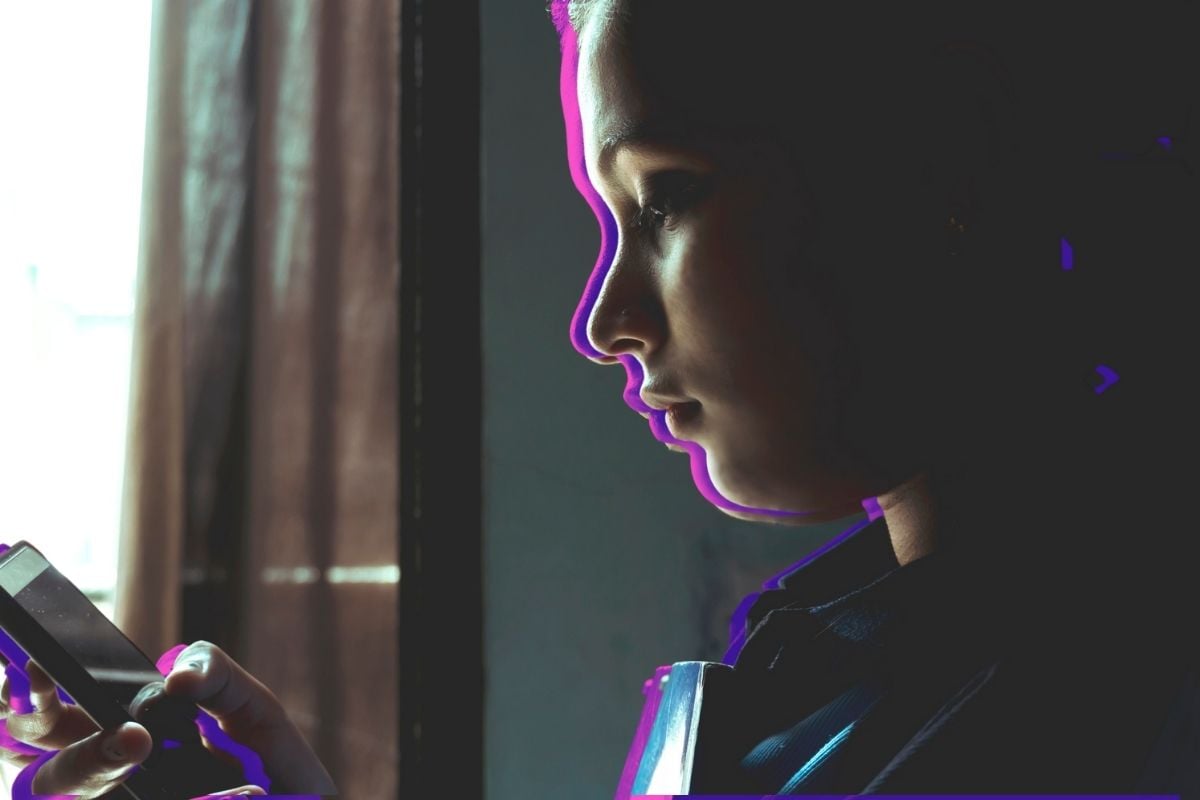
Mobile phones continue to be a distraction for kids and teachers in high schools across Australia.
NSW Premier Chris Minns has today announced there will be a total phone ban in schools from the end of 2023.
South Australia banned mobiles from all 44 of its public high school classrooms earlier this year.
Last month, then Shadow Education Minister Prue Car confirmed with The Daily Telegraph they are looking into a proposal from Educell to use the same phone 'jamming' technology currently used in prisons in classrooms.
"NSW Labor is committed to banning the use of mobile phones and welcomes initiatives that can help deliver this outcome," Ms Car told The Daily Telegraph at the time.
"We know we need to act on phones in schools to end disruption, improve student focus and behaviour and ensure teachers can focus on teaching."
The state-of-the-art jamming technology, which is being used successfully in Lithgow and Goulburn prisons, would prevent kids connecting to social media or games in certain locations, but would allow them to reconnect once outside of school buildings. Teachers and children who need their phone for medical reasons could remain connected to the network.
Several independent schools support the proposed plan from Labor and it is also currently before the federal government.
Watch: Parents of teenagers, translated. Post continues below.




























































































